
Happy Ada Lovelace Day 2025!
We celebrate by revisiting some of the articles and podcasts we produced with women mathematicians over the last year.










We celebrate by revisiting some of the articles and podcasts we produced with women mathematicians over the last year.









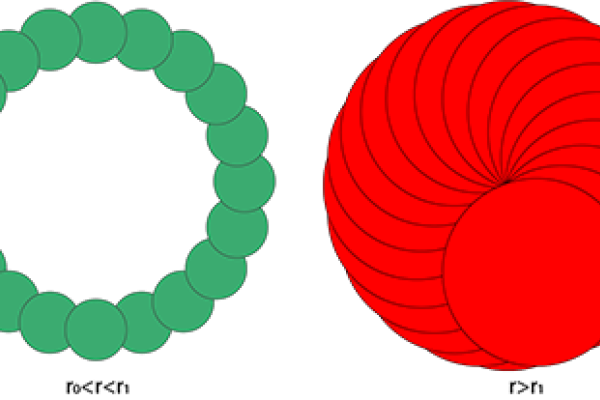
See all our content on this fascinating method that uses pure maths to analyse real-life data.


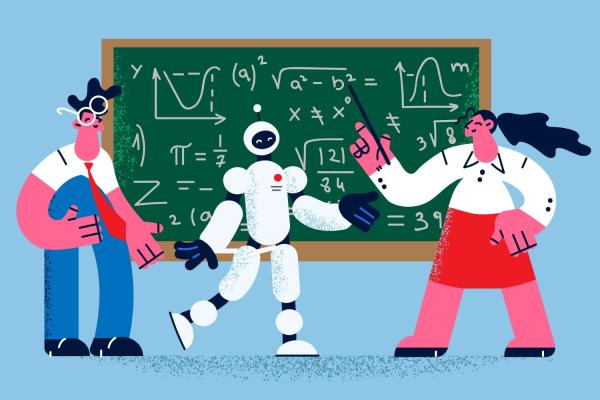







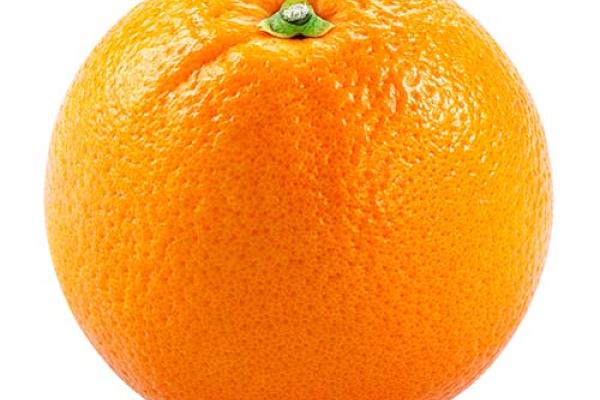
Explore our content on a long-standing problem in topology that has only recently been solved.

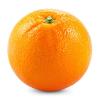






In time for the award of the Abel Prize to this year's winner we explore our coverage of the Prize since it was first awarded in 2003.





To celebrate the 100th anniversary of quantum mechanics we bring together some of our introductory material on this marvellous theory. Expand your mind and enjoy!



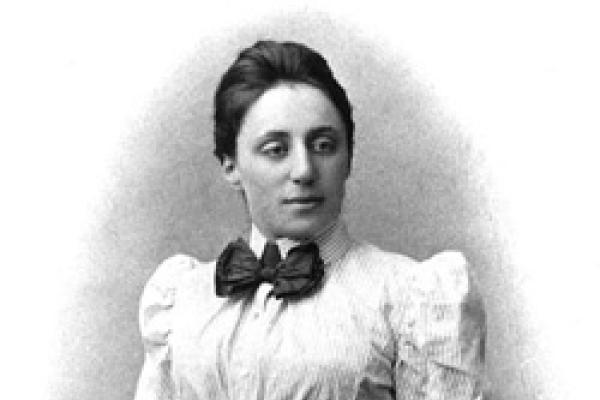
The mathematician Emmy Noether was a "creative mathematical genius" (Albert Einstein) whose work had far-reaching impact beyond the world of pure mathematics. This collection brings together content exploring Noether's life and work




Our digital, networked lives are only possible thanks to cryptography, but quantum computing could make our current techniques useless. How can we prepare for this quantum future and ensure we can continue to live our digital lives?






The type of AI currently in use is based purely on data. How much more powerful would it be if it also has access to humanity's vast knowledge of physics? Find out more in this collection of content.




The process of diffusion has been studied for centuries. But reserachers have recently begun to study a competing process – anti-diffusion. Find out more in this collection of content from a recent research programme at the INI.




See all our coverage of the European Congress of Mathematics 2024!




Groups have become a core part of the language of modern mathematics and theoretical physics. On this page, find out how groups can help describe roots of polynomials, holes on a surface, and even the laws of physics!



